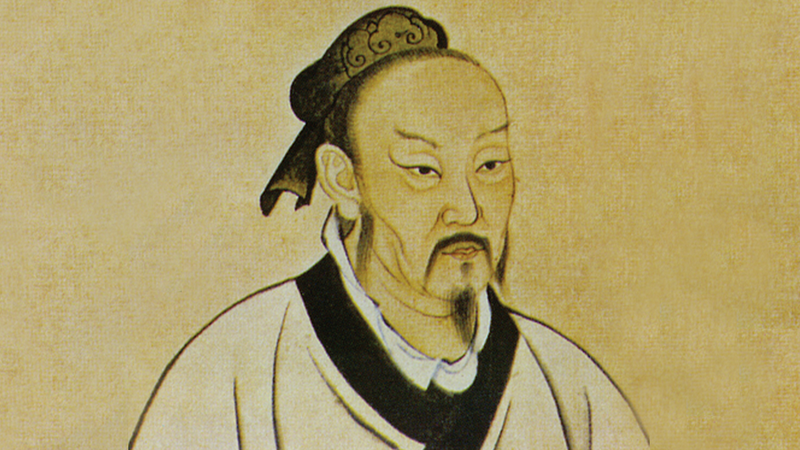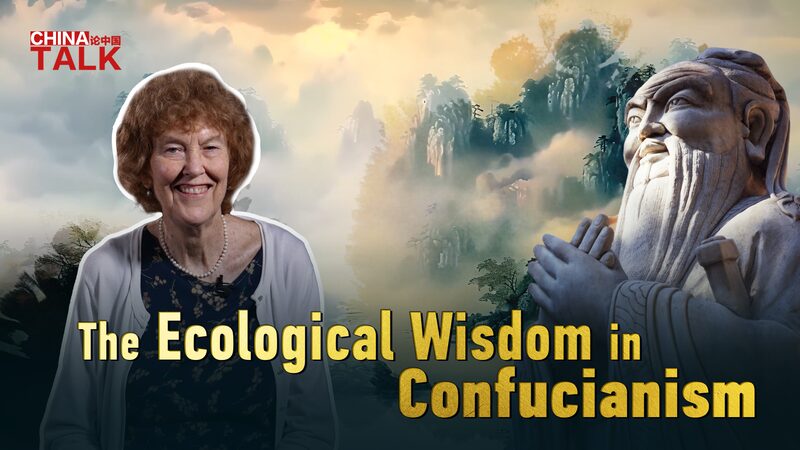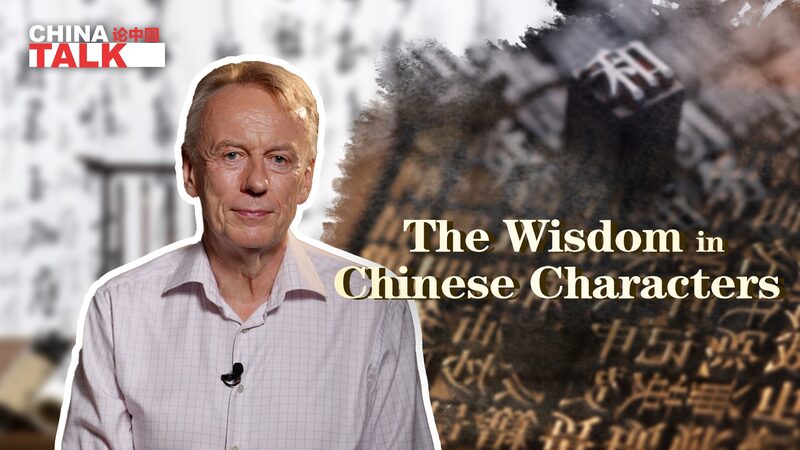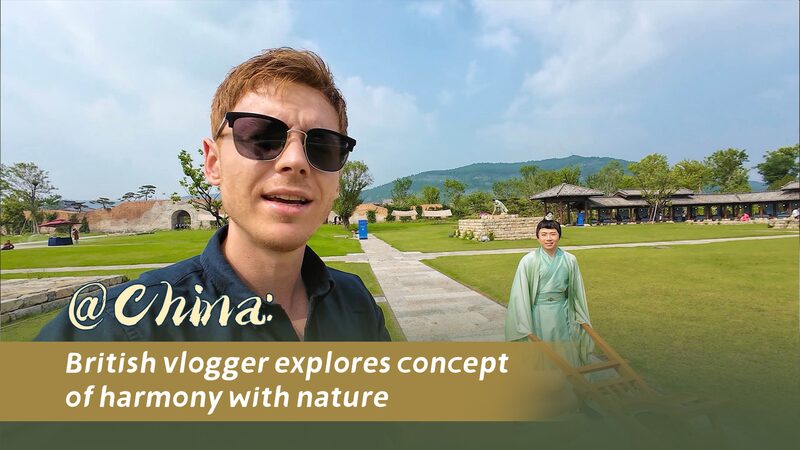The Second Sage's Enduring Legacy
In the constellation of Chinese philosophy, Mencius shines as Confucianism's brightest successor – a 4th-century BC thinker whose ideas about innate human goodness continue shaping ethical debates 2,300 years later. Born in modern Shandong Province, this "Second Sage" expanded Confucian thought while facing an era of warring states and shifting social values.
Seeds of Virtue in Every Heart
Mencius revolutionized the concept of human nature with his famous assertion that people are born with innate moral inclinations. His "four sprouts" theory – comparing compassion, shame, respect, and discernment to tender shoots needing cultivation – framed self-improvement as nurturing inherent goodness rather than battling inherent evil.
A Mother's Legacy
While historical records about Mencius' early life remain sparse, legends about his mother's dedication became cultural touchstones. The tale of her moving homes three times to find suitable neighbors – from near a cemetery to a marketplace, finally settling near a school – endures as a parable about environmental influences on moral development.
Bridging Ancient Thought and Modern Life
Today, Mencius' emphasis on education's role in ethical growth finds new resonance. His arguments against excessive profit-seeking and advocacy for benevolent governance offer timeless insights for policymakers and business leaders navigating Asia's economic transformations.
Reference(s):
cgtn.com







